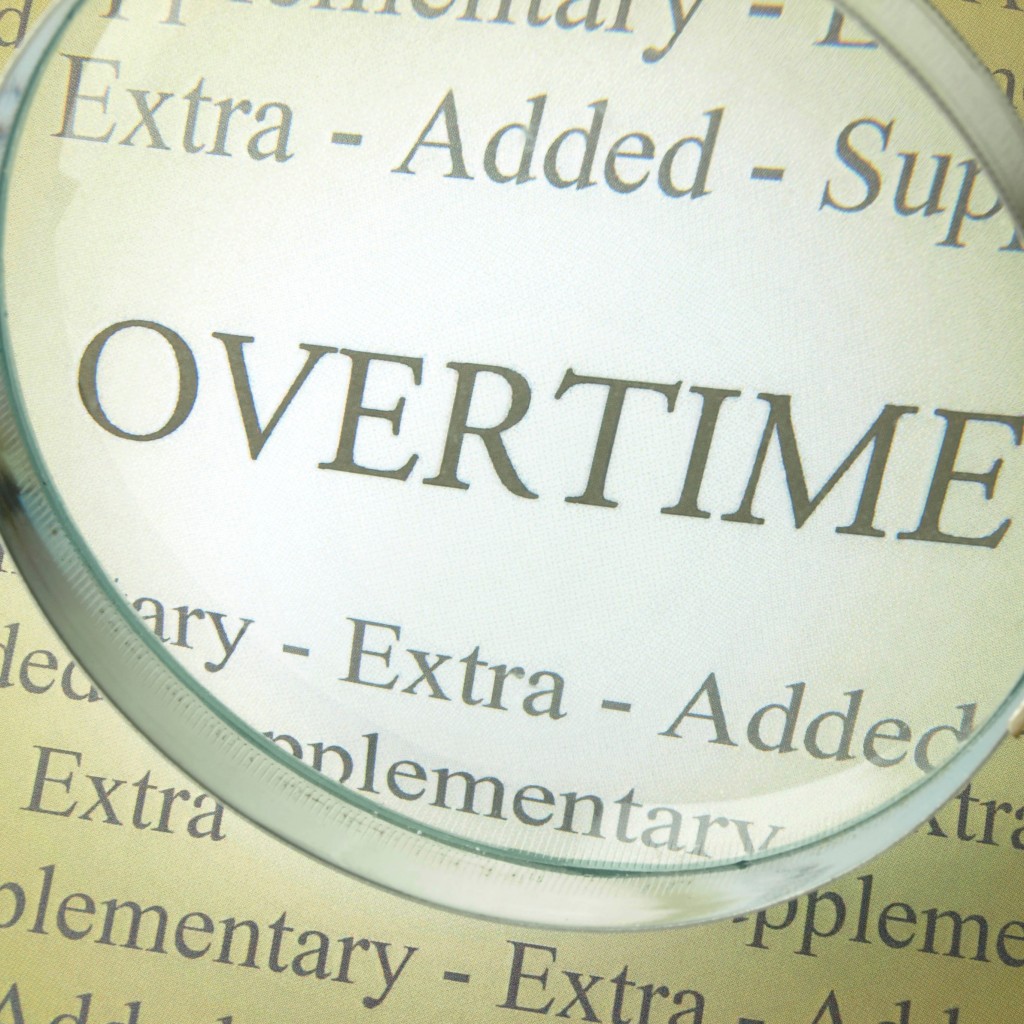 Most of the attention with the recently-released Fair Labor Standards Act (FLSA) final rule for “white collar” overtime exemption focused on the change in the salary threshold for positions related to administrative, professional and executive exemptions. But what about the other FLSA job categories, such as salespeople or computer professionals, to name a few? Does the new salary threshold apply to those groups as well?
Most of the attention with the recently-released Fair Labor Standards Act (FLSA) final rule for “white collar” overtime exemption focused on the change in the salary threshold for positions related to administrative, professional and executive exemptions. But what about the other FLSA job categories, such as salespeople or computer professionals, to name a few? Does the new salary threshold apply to those groups as well?
While these positions may be exempt from the FLSA minimum wage and overtime rules under other distinct exemptions, they are not subject to the new minimum salary thresholds announced in the regulations scheduled to go into effect December 1, 2016.
Note that the burden of proof for correct employee classification rests with the employer. It is your responsibility to check the terms and conditions of an exemption classification to ensure that the employee’s actual job duties truly qualify for the exemption. Job titles don’t count. What follows below is a list from the Department of Labor (DOL) of the most commonly-used exemptions outside of the white collar exemptions that are the primary focus of the recent FLSA final rule. This list is not intended to be all-inclusive; there are more than 30 other FLSA-exempt positions on the list available on the DOL website.
Specific Exemptions
FLSA exemptions excluded from the new salary threshold include:
Outside sales employees are exempt from overtime if their primary duty is making sales, as defined in the FLSA, and they are customarily and regularly engaged away from the employer’s place of business.
Commissioned sales employees of retail or service establishments are exempt from overtime if more than half of the employee’s earnings come from commissions and the employee averages at least one and one-half times the minimum wage for each hour worked. You can review the applicable regulation for more details.
Computer professionals paid on an hourly basis are exempt from the overtime provisions of the FLSA under § 13(a)(17) of the FLSA when paid at least $27.63 per hour working in a job meeting the duties tests for exemption. However, when paid on a salary basis, computer professionals must meet the new salary threshold and work in a job meeting the duties tests for exemption.
Drivers, driver’s helpers, loaders, and mechanics are exempt from the overtime pay provisions of the FLSA if employed by a motor carrier, and if the employee’s duties affect the safety of operation of the vehicles in transportation of passengers or property in interstate or foreign commerce.
Farmworkers employed on small farms are exempt from both the minimum wage and overtime pay provisions of the FLSA. Young workers employed on small farms, with parental consent, are also exempt from the child labor provisions of the FLSA. Review the agriculture exemptions from the child labor provisions of the FLSA for more details. Other farmworkers are also exempt from the FLSA’s overtime provisions.
Salesmen, partsmen, and mechanics employed by automobile dealerships are exempt from the overtime pay provisions of the FLSA.
Seasonal and recreational employees working for certain seasonal and recreational establishments are exempt from both the minimum wage and overtime pay provisions of the FLSA.
State Laws
Be sure to check your state laws for any other exemptions that may apply. Your local Wage and Hour District Office has additional information about the application of these exemptions. Note that when federal and state laws overlap, generally whichever law is more favorable to the employee will prevail.
If you are unable to make a determination for appropriate classification, seek legal counsel before classifying a job as exempt from overtime.
Originally published by ThinkHR – Read More

 (804) 673-6676
(804) 673-6676


